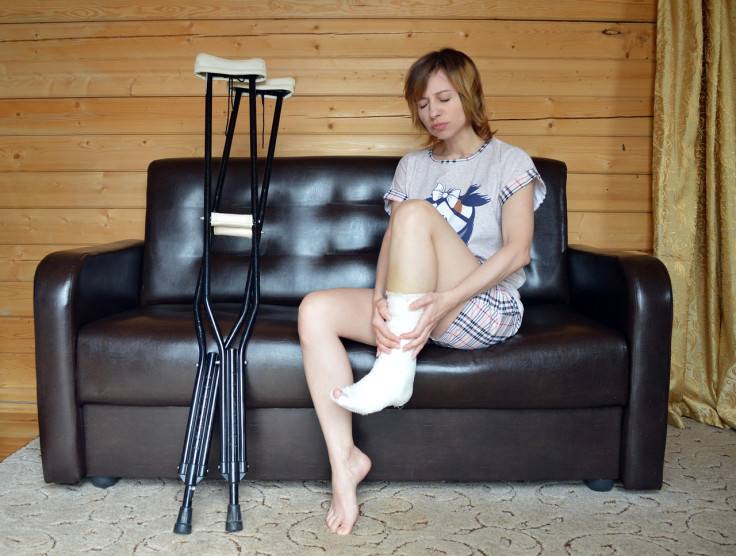Scientists Identify Gut Bacteria That Can Negatively Affect Bone Health In Older Adults

Apart from controlling digestion, bacteria in the gut have been associated with various aspects of well-being, including the immune system, cardiovascular and mental health. In a study, researchers evaluated a new role of the gut microbiome – its impact on skeletal health.
The gut microbiome refers to both potentially helpful and harmful bacteria, viruses, fungi and other microscopic living things inside the gut. The composition of the microbiota is unique in each person. Factors such as genetics, medications, diet, method of delivery and infections can determine the composition of the gut bacteria.
A team from Harvard Medical School identified an interesting link between certain bacteria in the gut and important aspects of bone health such as strength, density and composition of bones. The findings were published in the journal Frontiers in Endocrinology.
"We found patterns in which greater abundance of microbiota was associated with worse measures of bone density and microarchitecture," Douglas Kiel, principal investigator of the study, said in a news release.
During the observational study, based on two large studies – the Framingham Heart Study and the Osteoporosis in Men Study, the research team tried to identify a potentially modifiable factor that could contribute to skeletal health.
Using high-resolution scans of the forearm and shin bones, they evaluated the bone density, microarchitecture and strength of the participants. To understand the gut microbial composition, they analyzed stool samples with the help of gene sequencing.
Researchers identified dozens of classes of bacteria in the gut that have associations with bone health. Two of them – Akkermansia, a bacteria known for its link to obesity and Clostridiales bacterium DTU089 found in people who are less active and eat less protein – were identified as negatively affecting the bone health of older adults.
Several bacterial types were negatively associated with bone density but positively associated with bone size, indicating they influence bone growth at the expense of bone density when people age.
"We found patterns in which greater abundance of microbiota was associated with worse measures of bone density and microarchitecture. In fact, some bacteria were associated with differences in the bone cross-sectional area, suggesting the possibility that certain microbes could influence how the bone changes size with aging," Dr. Kiel explained.
The study is not a causative analysis and the findings need further confirmation, researchers said. However, the results are crucial as low bone density increases the risk of osteoporosis, a condition in which bones become brittle.
Osteoporosis can result in frequent fractures and disability. The condition affects more than 10 million people over the age of 50 in the U.S.
"It is premature to know if the bacterial organisms themselves may have effects on skeletal health. With additional studies, we might be able to gain insights regarding associations between specific bacterial species in the intestine and skeletal integrity. We also hope to identify specific functional pathways influenced by the bacteria that could influence the skeleton," Dr. Kiel said.
Published by Medicaldaily.com



























